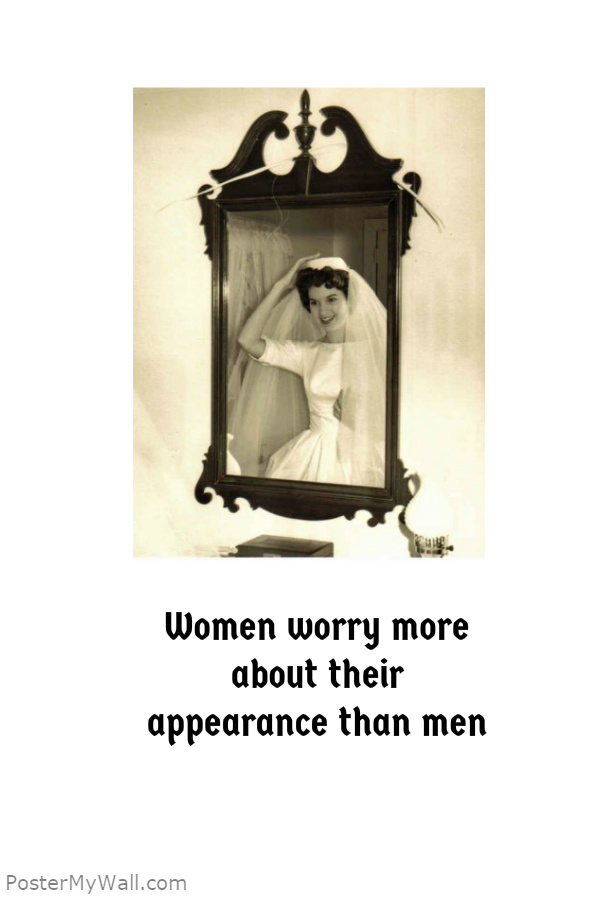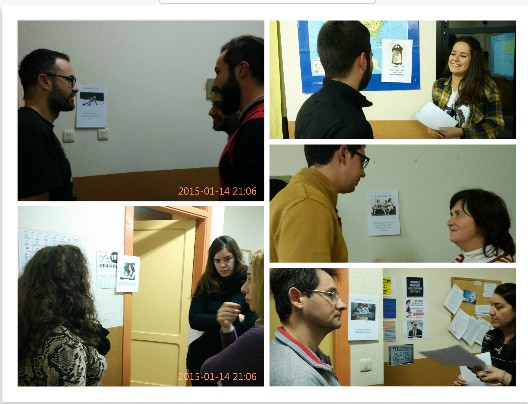Click here to see the Infographic in Presentation Mode
Click to follow Blog de Cristina


What do you normally do when you are talking to a person in English and you don’t know the word? I guess you don’t tell the person ” OK, right, hold on! I am going to look it up on my mobile phone”. You might be tempted to do it, but know that the person you are talking to might lose interest in what you are saying.
So, the thing to do would be Paraphrasing.
How do we paraphrase?? There are some expressions you can use
It’s A KIND OF house
It’s THE OPPOSITE OF lazy
It’s LIKE cleaning but… trying to explain what you want to say but using other words you know. That’s calle
It’s SIMILAR TO book but..
FOR EXAMPLE, you do this when
It’s A SYNONYM OF..
It’s A PERSON/SOMEBODY WHO…
It’s a THING/SOMETHING WHICH…
It’s SOMEWHERE/A PLACE WHERE
It can also help to say “ It’s a noun, or an adjective…. “ If it’s an expression, you can also say “ It’s an expression and there are three words in it”

Right, now we are ready to play the game. It’s called WHAT’S THE WORD?
How we play the game:
Although my favourite expression in class is ” It is very easy”, there’s no point in denying English prepositions are hard to learn, if you can ever say you learn them. I don’t know about other languages but Spanish students seem to consistently make mistakes when using prepositions after these two verbs. Let’s study them:

♥TO MARRY AND TO BE/GET MARRIED
Please, marry me !! he said
I married a person I am still in love with
She used to be married to my brother
I got married to my childhood sweetheart
♥ TO DREAM
Last night I dreamt about the exam
I have always dreamt of visiting Japan
She had this romantic dream of changing the world
Hope it helps!! 🙂
A little quiz , perhaps?of
about
(-)
to

My beloved father was a chauvinist doctor and my mother was an undercover feminist. I am sure you’ve heard the saying “opposites attract”and that appeared to be the case with my parents. It was not an easy combination to live with. My father was the main breadwinner and my mother was the housewife. These were their roles in the house and to be honest, I don’t think my mother had an issue with that arrangement. The problem was he expected us (three sisters) to fully cooperate doing housework while my only brother did nothing but smile when we complained it was unfair. My father, on the other hand, and contradictorily, expected us to get the best marks at school ’cause we were expected to go to university and get a degree so as not be the housewife my mother was. Who understands men? 😉
Today I want to share with you a lesson I did with my Intermediate students about Gender Stereotypes. This is a lesson where common general stereotypes about men and women are challenged.
Level: B1/B2
Aim: Get students to discuss general stereotypes about men and women using different expressions to give opinion.
STEPS
1. Give handouts containing expressions used to give opinion. Here. Encourage students to use a variety of expressions when they give opinion.
2. Ask Do you know any stereotypes about men and women? Instruct students to talk for about five minutes and then ask them to give feedback.
3. Play the video Differences between Men and Women to get students into the mood. It’s a funny little video. I hope nobody takes offence.
4.Using Blue-tack, stick the posters containing the statements they need to discuss on the walls of the classroom. Posters here

5. Ask students to, working in twos or threes, wander around the classroom and randomly choose the posters they want to discuss.

Sticking posters on the walls of the classroom enables students to get out of their seats and talk to different people. As always it is important to make sure they understand the importance of using English and only English.
Learn English and have fun!
What is your bet? Before you go on reading, try to guess which one is correct. Say it aloud! Once again! Ok! I’m sure your guess is correct!
So, what do you say…
♥ it sounds good or it sounds well?
♥ it feels good or it feels well?
♥ it tastes good or it tastes well?
♥ it smells good or it smells well?
The verbs in the sentences above are all verbs of sense; with them, we use the adjective “good“. Using “well” would be a mistake ( very common, by the way, in non native speakers) but which would sound weird to native speakers .
But English can’t be that simple, can it? Look at these two examples where both sentences are correct:
♥He looks good- it means he has a pleasing appearance
♥He looks well- it implies that yesterday he was ill

Anyway, if you have difficulty remembering which one is correct, just sing along the great James Brown.